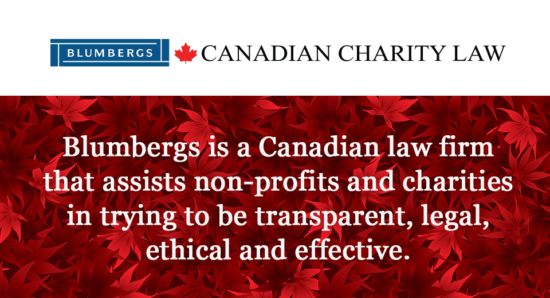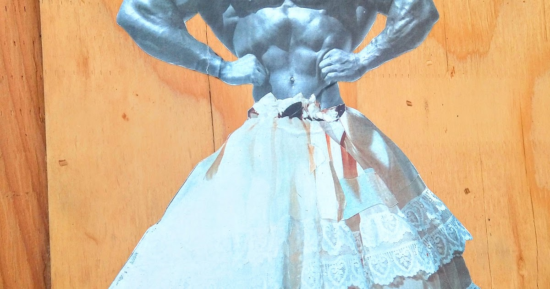From Publisher’s Weekly:
After nearly three years of legal wrangling, a federal judge today will hear cross motions for summary judgment in a closely watched lawsuit challenging the legality of the Internet Archive’s program to scan and lend print library books.
First filed in New York on June 1, 2020, by four major publishers (Hachette, HarperCollins, John Wiley & Sons, and Penguin Random House) and the Association of American Publishers, the copyright infringement lawsuit alleges that the Internet Archive’s scanning and lending of library books under an untested legal theory known as “controlled digital lending” is piracy on an industrial scale. The Internet Archive counters that it’s activities are legal, protected by fair use, and that the publishers’ action fundamentally threatens the core mission of libraries to own and lend collections in the digital age.
The wheels of the lawsuit first began to turn in late March 2020, in the early days of Covid-19 pandemic, when, with libraries and schools shuttered, the Internet Archive unilaterally launched the National Emergency Library, a program that temporarily removed controls on the scanned titles in the IA’s Open Library, making them available for multiple user borrowing. The move sparked outrage from author and publisher groups.
The suit, however, is about about more than the National Emergency Library (which shuttered in early June 2020, in the wake of the litigation). Rather, the suit challenges the legitimacy of controlled digital lending and the fundamental legality of scanning and lending library books without permission.
Under CDL, libraries (including the Internet Archive) make scans of their legally acquired physical books and loan the scans in lieu of the print under rules that mimic physical lending: only one person can borrow a scan at a time; the scans are DRM-protected; and only one format can circulate at a time to maintain a one-to-one “owned-to-loan” ratio. In other words, if the scan is checked out, its print counterpart cannot circulate, and vice versa.
. . . .
[L]awyers tell PW the case very likely will be decided at the summary judgment stage, as there are few factual disputes at issue in the case. Barring a surprise settlement, however, the case is likely far from over, as the outcome of today’s hearing, whichever way it goes, would likely be appealed.
Link to the rest at Publisher’s Weekly


